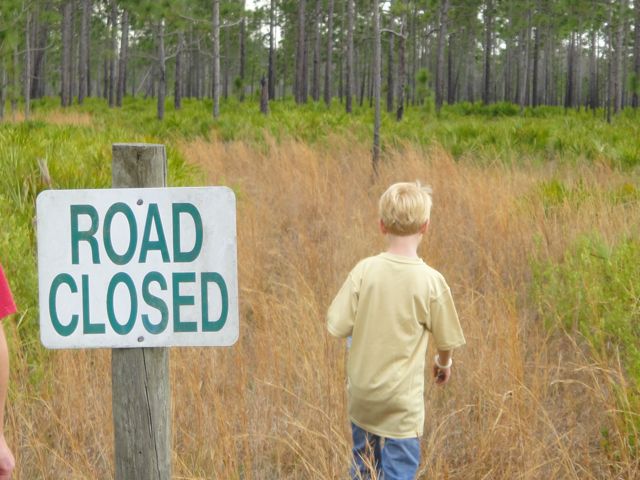
Perhaps one of the most stressful things we confront at midlife is caring for our aging parents. It’s difficult to face the fact that they need help, both for us and for them.
I spoke with my friend about her decision to place her mother in an Alzheimer’s care facility. She lived out of state and would worry about her mom during the workweek, traveling home for the weekends to check in. She ended up losing her job because of having to take so much time off. As an only child, there was nobody with whom she could share the responsibilities. The neighbors were calling her a neglectful daughter for not packing up and moving back to the area in which she grew up. She knew that her mother’s care was becoming more than she could handle. She finally said to me, “It’s one of those situations where, no matter what decision you make, you don’t feel good about it.” She was trying to juggle this situation at the same time she was trying to oversee the care of her elderly aunt, who lived over a thousand miles away. She loved both of these women dearly, and she had to put their safety and well being ahead of her own needs or her own sense of pride. And yet she felt as if she were letting them down.
An elderly woman I am friends with wants to stay in her home, which includes several acres of land. She is angry that her son, who is in his sixties, doesn’t help her to maintain the property. He has explained to her that he needs to think of his own health issues. He has offered to help her search for a more manageable property in which she can live, but she refuses, saying she is not willing to give up her home. He’s being viewed as a neglectful son who is being selfish for not helping his mother, when in fact she is refusing the help and advice he is trying to give.
My own father was always fiercely independent. He kept up his large yard and worked part time until well into his seventies. His plan was to retire at the age of eighty, and he came darned close to reaching that goal. He is used to having things perfectly maintained, and while he is grateful for the help my brother and I are able to provide, he is not happy that he has to depend on us so much. It hurts me to see him sitting in the house while his grass is being mowed and his leaves are being raked, knowing how helpless it makes him feel. As a man of his generation, he’s not bothered that my mother cooks his meals and does his laundry, but he is saddened when he sees her taking the trashcans to the end of the driveway or do something he considers to be mans’ work.
It seems that for those of us who live out of town or out of state from our parents, there is often a sense of guilt. That guilt is mixed with a sense of relief. On the flip side, those of us who live in close proximity often feel guilty when we find ourselves wishing that we had moved away. It reminds me of the moms I used to chat with when my kids were younger. The working moms felt guilty for not being stay at home moms; the stay at home moms felt guilty for the moments when their children got on their nerves and they craved adult conversation.
Maybe the best we can do is accept the fact that we are not perfect. It’s normal to feel what we feel. It’s not being a “bad child” to want a life of our own or to need time for ourselves. In fact, we need to take care of ourselves if we want to take care of someone else. Most importantly we need to understand that we may not resent the person so much as the situation; that the other person doesn’t want things to be the way they are any more than we do. As my friend said, sometimes no matter what decision we make, we aren’t going to feel good about it.



